CHOOSE
A DIFFERENT TERRITORY
Recycling waste electrical and electronic equipment (WEEE) with EMR
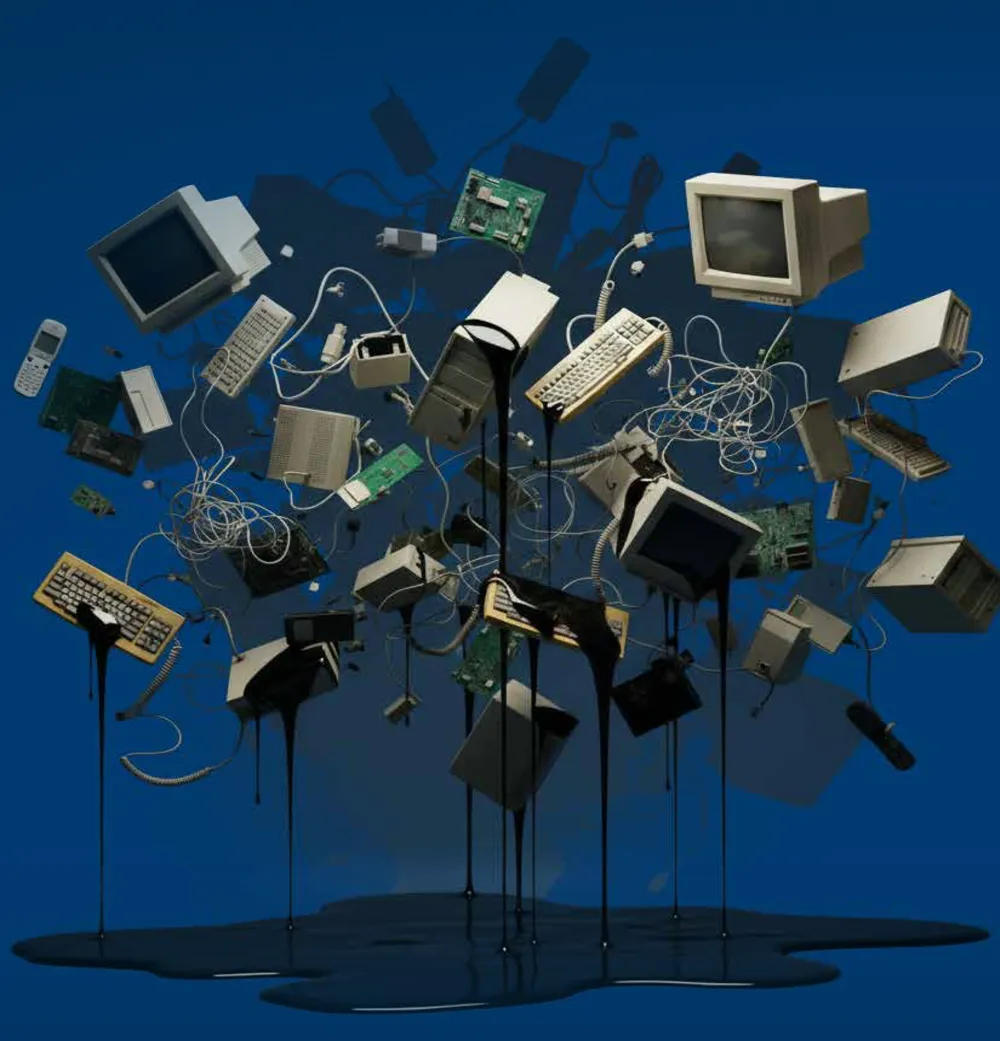
WEEE stands for Waste Electrical and Electronic Equipment and includes anything with a plug, cable or battery that has reached the end of its life – from fridges to toasters.
Electrical and electronic equipment has become an essential part of modern life. But as technology advances faster than ever, “fast tech” - the rapid production and replacement of electronic devices – means we’re upgrading more often, leaving behind a growing trail of unwanted electricals. When WEEE isn’t collected or treated correctly, it can cause serious environmental harm.
Many items contain hazardous components such as lead, mercury, refrigerant gases or POPs (persistent organic pollutants). If disposed of incorrectly, these can release pollutants into soil, water and air.
At the same time, every electrical item sent for disposal represents a loss of valuable resources that could otherwise be reused within the circular economy.
Recycling electrical waste plays a crucial role in protecting our planet and building a more sustainable future:
When e-waste is recycled correctly, we prevent valuable resources from being lost to landfill or incineration, allowing them to be reused, recycled, recovered instead of damaging our planet mining for new materials.
Recycling your old devices through the right channels ensures valuable materials are recovered safely and reused in new products. There are several responsible routes for householders to choose from:
Many of these household services then bring their materials to EMR. By ensuring more WEEE is collected, EMR helps to reduce emissions, conserve resources and strengthen supply chains for sustainable materials.
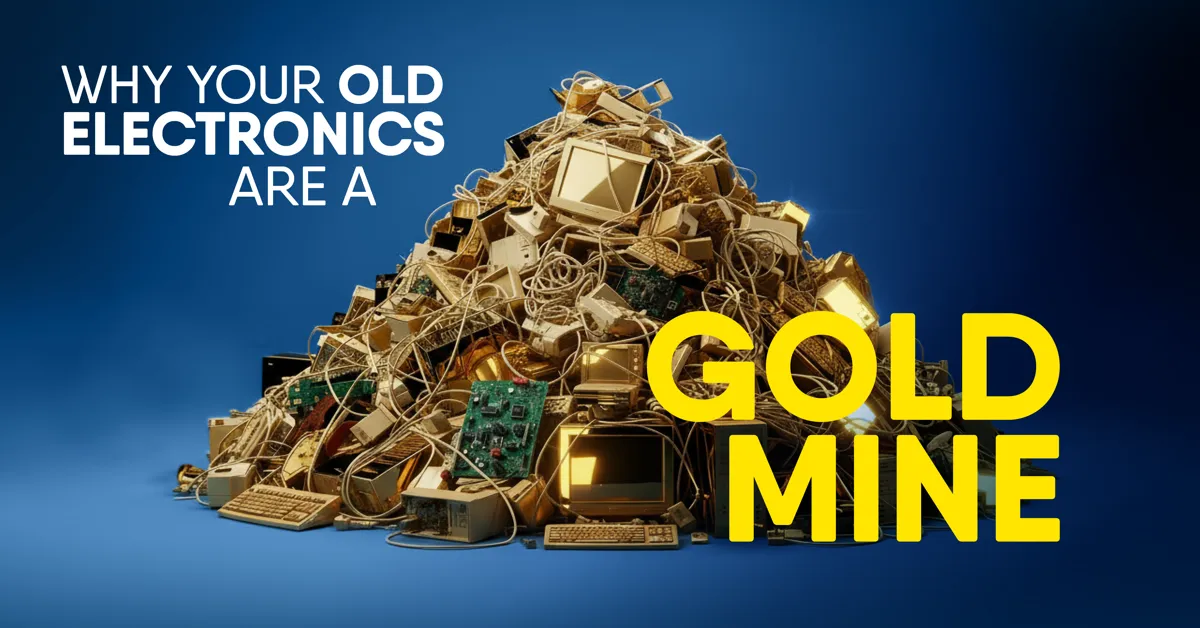
You don’t need to dig deep underground to find gold. Many households already have access to a modern-day goldmine – hidden in the old phones, laptops and other electronics gathering dust in drawers and cupboards.
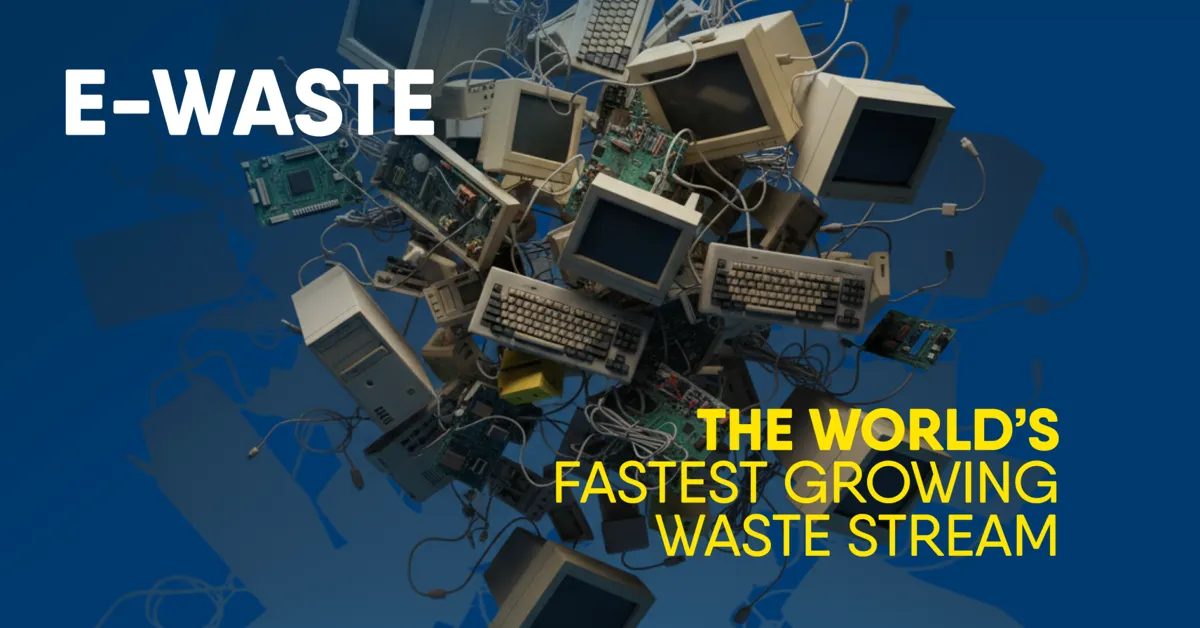
The UK is currently the second largest producer of WEEE (Waste Electrical and Electronic Equipment) per capita globally, highlighting the scale of the challenge. But this is also the scale of the opportunity.
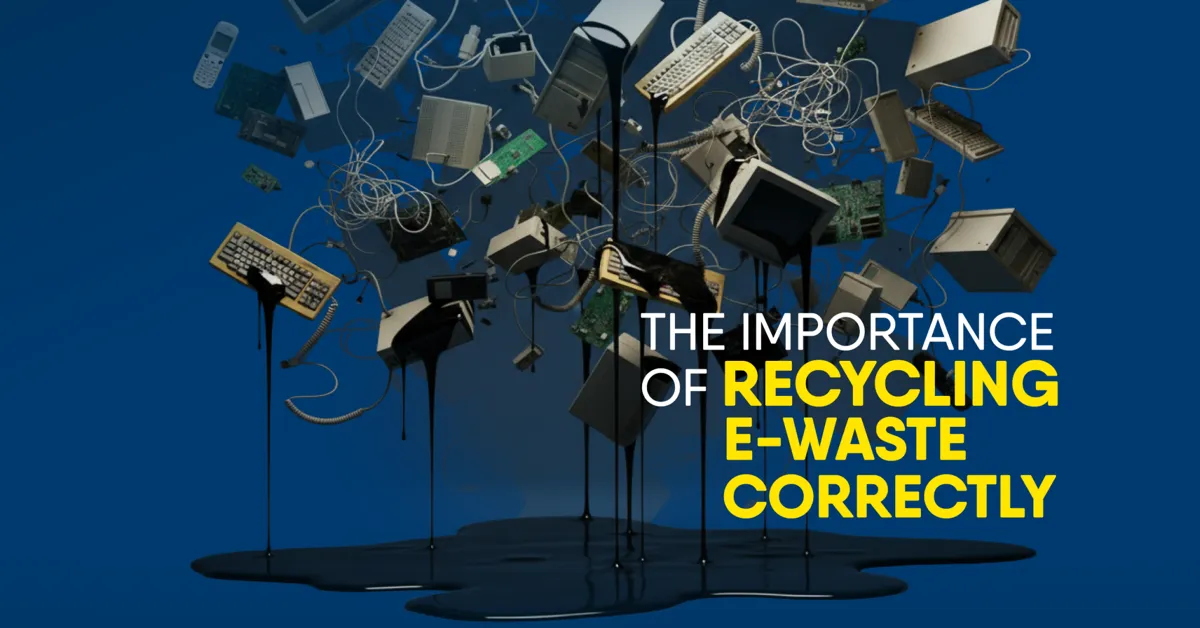
At EMR, we are proud to operate the UK’s largest collection and treatment network for WEEE.
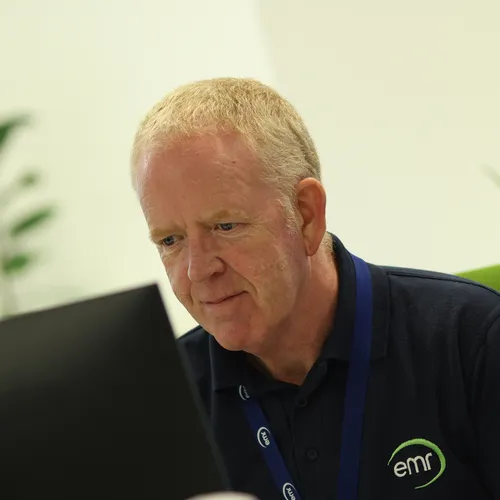
We're here to help answer your WEEE questions, and start your recycling journey.
WEEE stands for Waste Electrical and Electronic Equipment and includes anything with a plug, cable or battery that has reached the end of its life – from fridges to toasters.
Both households and businesses can bring end-of-life electrical items to participating EMR sites.
If possible, remove any non-electrical components (like food or fluids) and separate WEEE from other waste. Our team will guide you on arrival.
Costs can vary depending on the type, condition and quantity of items. Call our customer care team for advice before your visit.
Collected WEEE is sent to approved treatment facilities for processing and recovery of metals, plastics and other materials – supporting circular economy principles.
While EMR accepts most types of WEEE, certain items are prohibited. These include, but are not limited to:
Some materials can’t be accepted at EMR sites because they remain the property of their original owners or users. These include:
Gas cylinders can usually be returned to the supplier free of charge. Dairy trolleys, beer kegs, casks, and shopping trolleys should be returned to the dairy, brewery, or supermarket they came from.
In addition, certain items are prohibited under our environmental permits and cannot be accepted at any EMR site:
If you’re unsure about a specific item, please call EMR for advice before visiting.